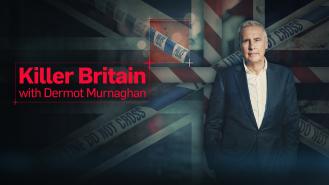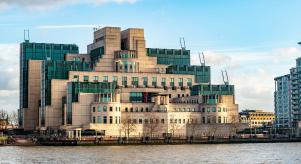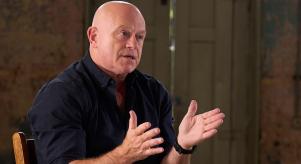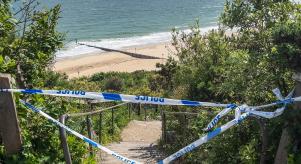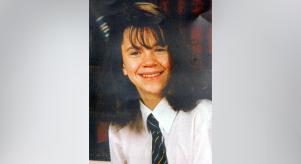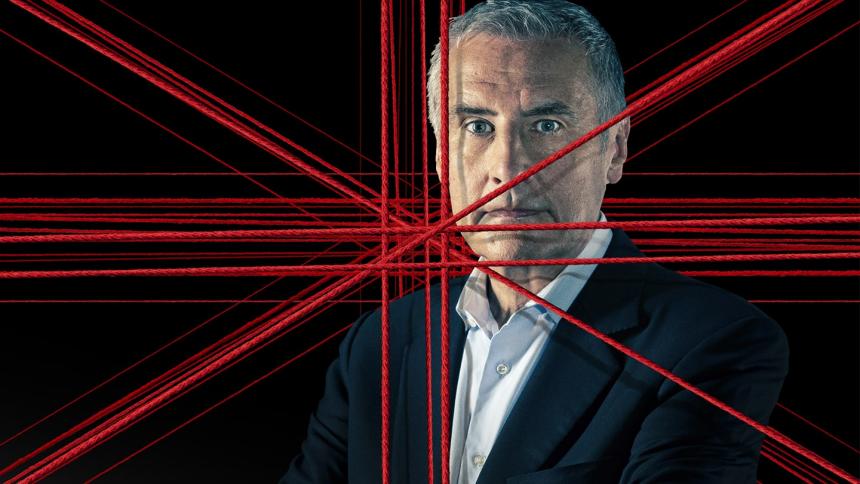
Dermot Murnaghan: Killer Britain Interview
In the second series of Killer Britain with Dermot Murnaghan, one of the UK's best known journalists guides viewers through crimes that shook local communities throughout Britain to their core. Cases covered in the series include the gangland slaying of Salford’s ‘Mr Big’, Paul Massey in July 2015; the devastating Cumbria shootings of June 2010; the callous murder of vulnerable young adult Phillip Nicholson, in Boscombe, Dorset, in 2015, recorded on a mobile phone; the dramatic twists and turns of the murders of Carol Jarvis, in West Lothian in 2009 and Jessica Patel in Middlesbrough in May 2018.
Each episode focusses on a case Dermot has reported on or followed at close quarters. The five murder stories are told with archive footage and key interviews from those closest to the case, including family members of the victims and the investigating officers who were first at the scene.
Crime+Investigation spoke to Dermot about the series and found out what it was like breaking the news about the Cumbrian shootings live on air.
What can viewers expect from Killer Britain season 2?
It's a thoughtful interrogation of dreadful crimes. Viewers will find that even if these are cases they are familiar with, they will discover more about the motivations of the perpetrators and of course, more about the victims and the methodology used by the investigating forces.
We really get under the skin of the investigations and how they are solved. Sometimes it comes down to sheer luck. Sometimes it comes down to serendipity and a mixture of inspiration and outright doggedness on the part of the investigators.
Which of the cases featured in the series, really stood out for you and why?
I’d say the Derrick Bird and the Cumbria shootings case resonate because I was in the studio that day and reporting on the developing story.
So, in spite of the fact that I covered the story on the day itself, I just learned so much more about what went on and how it happened. And how under the clear blue sky, a very normal day, can turn into the most awful of days.
As a journalist, what is it like reporting on breaking cases like the Cumbria shootings?
The process is first and foremost to get the information out there and make sure that the information is correct. Levelling with audiences about what you know and what you don’t know. With the Derrick Bird case, there’s a public service message because the attacks went on for so long. We had to tell people to stay inside and lock their doors. That was a very important role that we played.
In the series, you’re joined by former Metropolitan Police Detective, Clive Driscoll. What was it like have his expertise on hand?
Clive really does bring that expertise and gives you that sense of what the police must have been thinking at that time. What I really like about Clive is how he’ll explain: ‘That's what you look for in an investigation, these are the avenues you close off, these are the ones you're exploring. If you get that right, you can progress quickly with the investigation, if you get one of those moves wrong, then it could end up with a guilty party walking free and a crime not being solved.'
What do you think Killer Britain tells us about murder in the UK?
It can and does happen anywhere. There’s no geographical or societal restriction on where and when it can occur. In terms of the methods and the motivations and the people involved, it can happen in the most ordinary circumstances and the most placid locations. You can have seemingly ordinary people who underneath the surface doing the most extraordinarily horrible things.
How would you describe the approach Killer Britain takes towards discussing these cases?
We’re non-sensationalist but we're not dispassionate because there is passion. There's passion for the victims and the victim’s families. Through intricately following the twists and turns of the case, there’s drama, there’s surprise, there’s amazement. For me reading up on the cases and seeing the way they’re presented in Killer Britain, I was as gripped as I hope the audience will be.
Why do you think people are so fascinated by true crime?
I'm fascinated by true crime and that's why I want to be involved in the show. True crime is about the human condition. By and large, 99% of humans are caring and compassionate. But it’s that other tiny percentage who are not very nice, who are angry and cruel and who become killers.
We all have that curiosity when we watch true crime – let's be honest with ourselves – we are thinking, 'How on earth did the perpetrators do it?' Do people, in their quieter moments look inside their own soul and think, ‘Could that be someone I know? Could that be me?’ It's just that eternal question about humanity.
